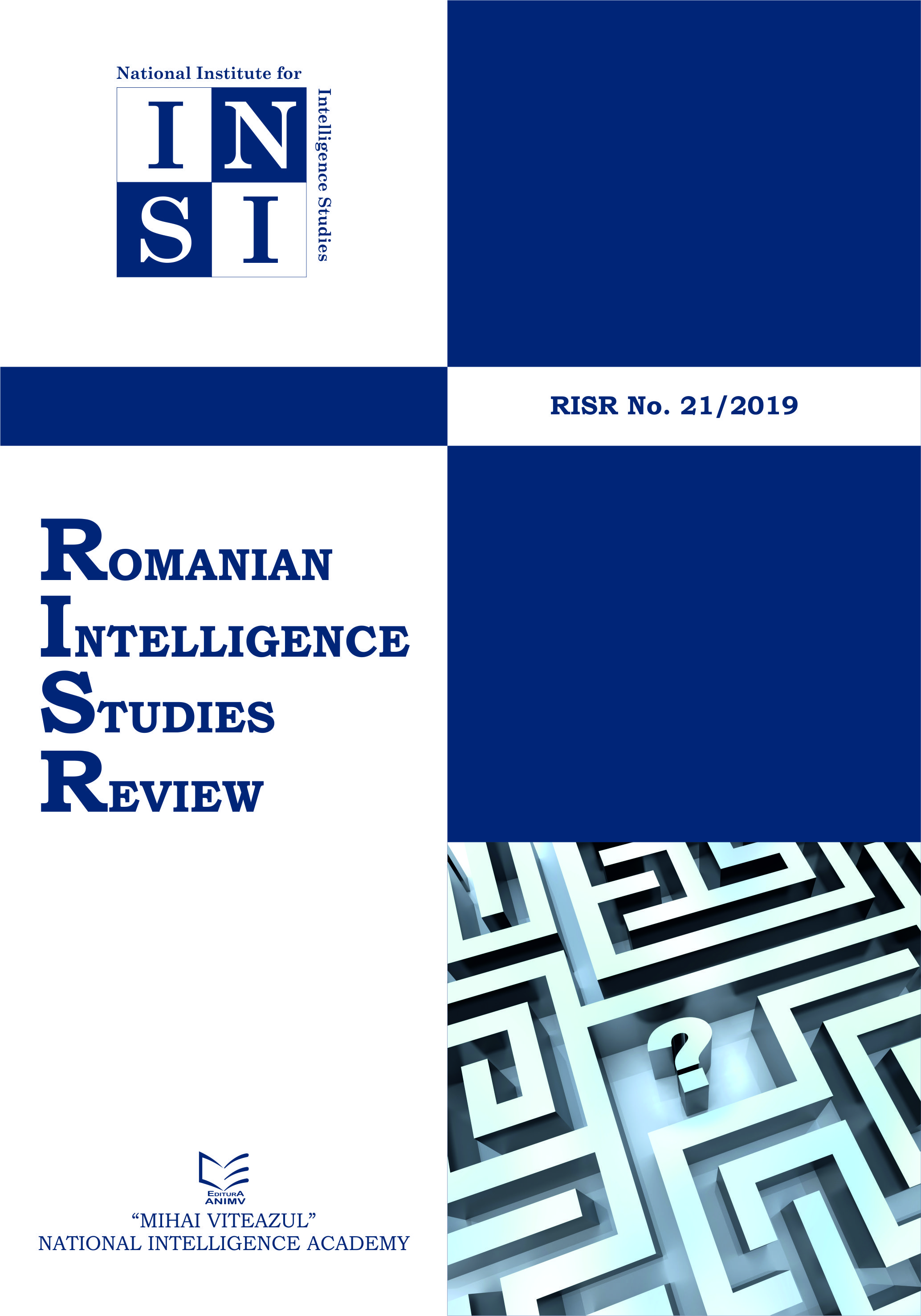INTELLIGENCE AND INTELLIGENCE STUDIES. TIME FOR A DIVORCE?
INTELLIGENCE AND INTELLIGENCE STUDIES. TIME FOR A DIVORCE?
Author(s): Bob de GraaffSubject(s): Politics / Political Sciences, Politics, Security and defense
Published by: National Institute for Intelligence Studies
Keywords: Intelligence analysis; positivism; constructivism; Sherman Kent; phronesis;
Summary/Abstract: that should try to develop natural science-like laws which make predictions possible. However, his positivist and realist approach is outdated in the academic world. It would be fruitful for both intelligence and intelligence studies to leave Kent’s positivist legacy behind. Constructivism offers much more profitable prospects, especially for intelligence studies, whose academic status is endangered by clinging to an outdated positivism. Meanwhile intelligence, which has often used Kent’s ideas as an ideology to fend off intelligence consumers, should do better to no longer pretend to come close to a science. Instead, using Aristoteles division in episteme (science), techne (tradecraft) and phronesis (practical wisdom), intelligence analysis should be seen as practical wisdom (phronesis) for practical decision-making. This would allow intelligence to embrace cognitive diversity in order to proffer different kinds of policy support. Leaning toward constructivism would help intelligence to become more action-oriented instead of information-oriented under the doom of positivism. Following the diverging paths of episteme for intelligence studies and phronesis for intelligence analysis, both should play their own autonomous roles, which would still leave meetings between the two useful.
Journal: Romanian Intelligence Studies Review
- Issue Year: 2019
- Issue No: 21
- Page Range: 5-30
- Page Count: 24
- Language: English

